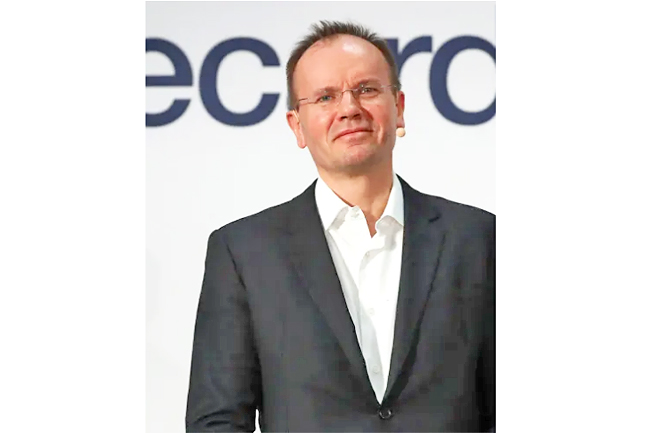MUNICH, GERMANY (AFP) – Germany’s mammoth Wirecard fraud trial opened yesterday, with ex-Chief Executive Officer (CEO) Markus Braun and two former executives in the dock over their roles in the country’s biggest-ever accounting scandal.
The trial in Munich comes two and a half years after digital payments firm Wirecard collapsed spectacularly after admitting that EUR1.9 billion missing from its accounts didn’t exist.
Chancellor Olaf Scholz, who was finance minister at the time of Wirecard’s implosion, described the scandal as “unparalleled” in Germany’s post-war history.
The first day of the high-profile trial, held in a high-security courtroom inside Munich’s sprawling Stadelheim prison complex, will mainly consist of prosecutors reading out the 90-page indictment.
Notably absent from the trial will be Wirecard’s former chief operating officer Jan Marsalek, a shadowy figure with ties to foreign intelligence agencies. Marsalek evaded arrest in 2020 by staging a daring escape from Austria by private jet. He was reported earlier this year to be hiding out in Russia.
Wirecard’s veteran CEO Braun, in custody since July 2020, faces charges of commercial gang fraud, breach of trust, accounting fraud and market manipulation.

The 53-year-old denied the allegations and claimed to be a victim of the fraud, painting Marsalek as the mastermind.
His co-accused are ex-accounting boss Stephan von Erffa and Oliver Bellenhaus, the former head of Wirecard’s Dubai subsidiary.
Bellenhaus has admitted wrongdoing and will act as a key witness for the prosecution.
If found guilty, the trio risks lengthy prison sentences.
The court has scheduled 100 trial dates for the complex case.
The prosecution’s case centres around the claim that Wirecard executives inflated the company’s earnings, starting at least as far back as 2015, by inventing revenue streams from transactions with a web of partner companies.
These so-called third party acquirers (TPA) companies in Dubai, the Philippines and Singapore accounted for a huge chunk of Wirecard’s sales and profits according to its books.
But “all the accused knew” that the revenues from these TPA businesses “didn’t exist”, the indictment reads, adding that the defendants used forged documents to hide the trickery.
The goal was “to increase the company’s financial strength and make it more attractive to investors and customers”, prosecutors alleged. But its troubles began in earnest in 2019 when the Financial Times published a series of explosive articles detailing accounting irregularities. The scam finally unravelled when long-time auditor EY uncovered a EUR1.9-billion hole in its accounts in June 2020.






